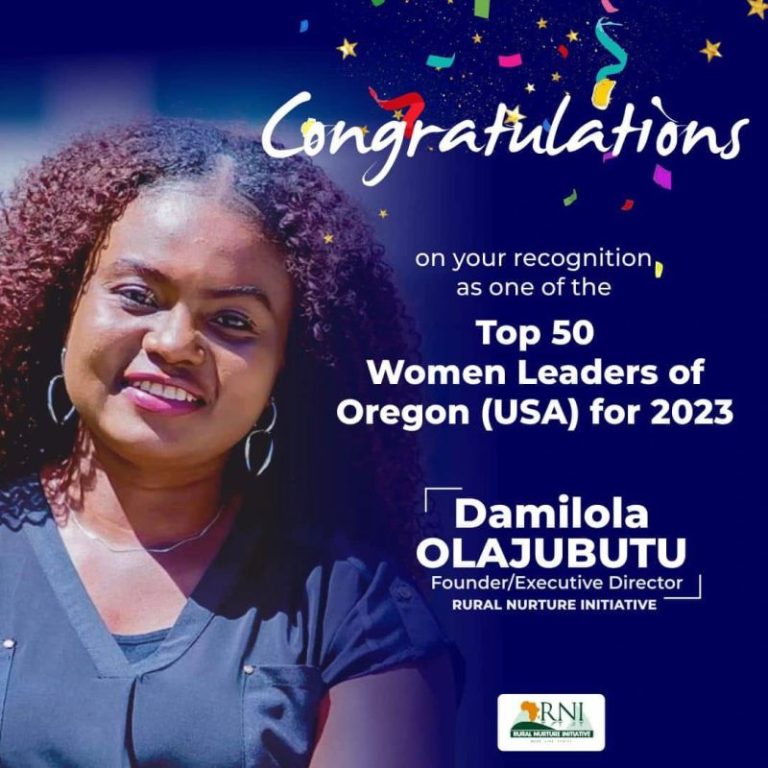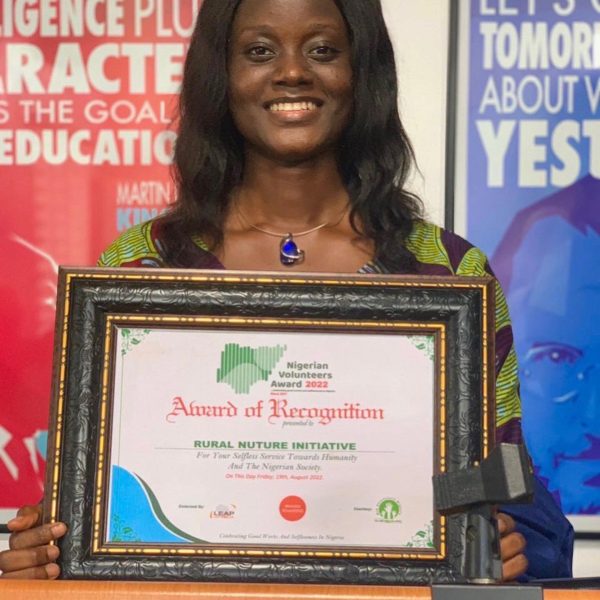Rural Capacity Building Institute
Building Leadership & Institutional Strength in Africa
RCBI is our flagship initiative for strengthening local leadership, organizational capabilities, and community governance across rural Africa.
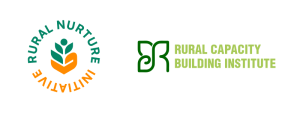
Building Leadership and Institutional Strength in Rural Africa
The Rural Capacity Building Institute (RCBI) is RNI's flagship initiative for strengthening local leadership, organizational capabilities, and community governance across rural Africa. We believe that sustainable development can only be achieved when communities have the knowledge, skills, and institutions to lead their own transformation.
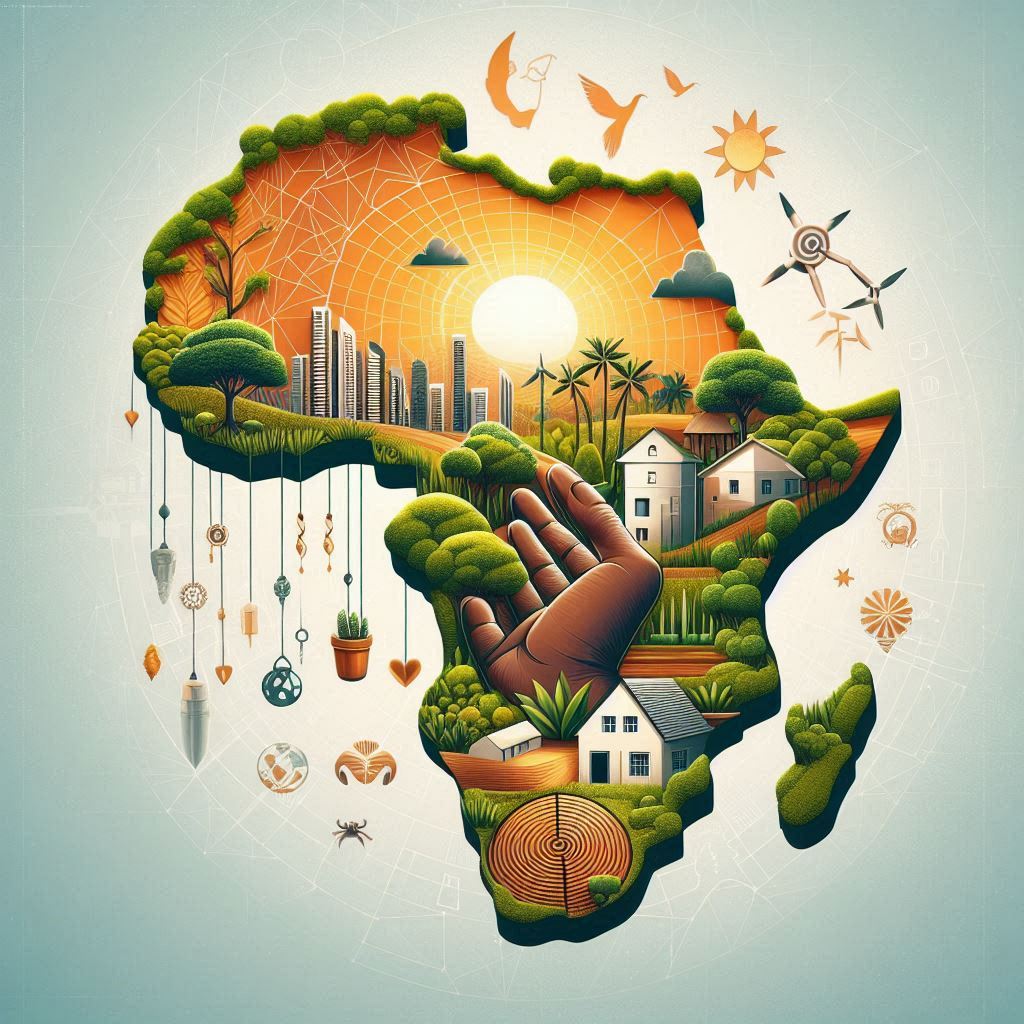
The RCBI serves as a center of excellence for rural leadership development and institutional strengthening through five core program areas:

Our specialized field-ready program prepares practitioners with practical tools, contextual understanding, and adaptive approaches to successfully implement projects in rural communities. Participants develop proficiency in:
-
Cultural Competence: Building trust and navigating local customs, beliefs, and power dynamics effectively
-
Participatory Implementation: Engaging community members as active partners rather than passive beneficiaries
-
Community Engagement: Fostering inclusive participation, facilitating community dialogues, and mobilizing diverse stakeholders toward shared goals
-
Resource Optimization: Making the most of limited resources and leveraging local assets creatively
-
Adaptive Problem-Solving: Developing flexible solutions for challenging rural contexts and infrastructure limitations
-
Knowledge Transfer: Building local capacity for project sustainability and community ownership
-
Local Ecosystem Integration: Connecting with existing community structures and indigenous knowledge systems

Our signature leadership development program equips rural youths with the skills, knowledge, and networks to effectively guide sustainable development in their communities. Through intensive training modules, mentorship, and practical application, participants develop capabilities in areas including:
-
Inclusive Governance: Participatory decision-making that includes women, youth, and marginalized groups
-
Strategic Planning: Creating and implementing community development plans
-
Resource Mobilization: Identifying and securing resources for community priorities
-
Conflict Resolution: Managing differences constructively for community cohesion
-
Project Management: Effectively implementing and monitoring community initiatives

We offer specialized certification programs that provide recognized credentials in various development areas, enabling rural practitioners to:
-
Gain formal recognition of skills and knowledge
-
Access new professional opportunities
-
Implement standardized best practices
-
Build credibility with partners and funders
-
Specialize in targeted development sectors

We strengthen local organizations, from farmer cooperatives to community-based organizations, through targeted capacity building in:
-
Governance and Structure: Establishing effective systems and accountable leadership
-
Financial Management: Building robust systems for transparent resource use
-
Strategic Planning: Developing clear visions and pathways for impact
-
Monitoring and Evaluation: Creating systems to track progress and learn from experience
-
Fundraising and Sustainability: Developing diverse resource mobilization strategies

We facilitate peer-to-peer learning through webinars, workshops and structured exchanges that allow rural champions to:
-
Share successful innovations and approaches
-
Learn from each other's experiences
-
Adapt solutions to local contexts
-
Build solidarity across geographic boundaries
-
Document and disseminate Indigenous knowledge

Our specialized field-ready program prepares practitioners with practical tools, contextual understanding, and adaptive approaches to successfully implement projects in rural communities. Participants develop proficiency in:
-
Cultural Competence: Building trust and navigating local customs, beliefs, and power dynamics effectively
-
Participatory Implementation: Engaging community members as active partners rather than passive beneficiaries
-
Community Engagement: Fostering inclusive participation, facilitating community dialogues, and mobilizing diverse stakeholders toward shared goals
-
Resource Optimization: Making the most of limited resources and leveraging local assets creatively
-
Adaptive Problem-Solving: Developing flexible solutions for challenging rural contexts and infrastructure limitations
-
Knowledge Transfer: Building local capacity for project sustainability and community ownership
-
Local Ecosystem Integration: Connecting with existing community structures and indigenous knowledge systems

Our signature leadership development program equips rural youths with the skills, knowledge, and networks to effectively guide sustainable development in their communities. Through intensive training modules, mentorship, and practical application, participants develop capabilities in areas including:
-
Inclusive Governance: Participatory decision-making that includes women, youth, and marginalized groups
-
Strategic Planning: Creating and implementing community development plans
-
Resource Mobilization: Identifying and securing resources for community priorities
-
Conflict Resolution: Managing differences constructively for community cohesion
-
Project Management: Effectively implementing and monitoring community initiatives

We offer specialized certification programs that provide recognized credentials in various development areas, enabling rural practitioners to:
-
Gain formal recognition of skills and knowledge
-
Access new professional opportunities
-
Implement standardized best practices
-
Build credibility with partners and funders
-
Specialize in targeted development sectors

We strengthen local organizations, from farmer cooperatives to community-based organizations, through targeted capacity building in:
-
Governance and Structure: Establishing effective systems and accountable leadership
-
Financial Management: Building robust systems for transparent resource use
-
Strategic Planning: Developing clear visions and pathways for impact
-
Monitoring and Evaluation: Creating systems to track progress and learn from experience
-
Fundraising and Sustainability: Developing diverse resource mobilization strategies

We facilitate peer-to-peer learning through webinars, workshops and structured exchanges that allow rural champions to:
-
Share successful innovations and approaches
-
Learn from each other's experiences
-
Adapt solutions to local contexts
-
Build solidarity across geographic boundaries
-
Document and disseminate Indigenous knowledge
What Changemakers Say
The RCBI employs a unique learning methodology built on five key principles
We build upon participants' existing knowledge and experience, valuing indigenous wisdom while introducing new concepts and tools.
Our training incorporates practical applications, community-based projects, and real-world problem-solving to reinforce learning.
All content is adapted to local realities, using culturally appropriate examples, local languages, and addressing specific community challenges.
We ensure diverse participation across gender, age, education levels, and social standing, with specialized approaches for those with limited literacy.
Rather than one-off trainings, we provide ongoing mentorship, coaching, and support as leaders and organizations implement what they've learned.
The RCBI welcomes partnerships with:
seeking capacity strengthening
interested in rural leadership development
for knowledge exchange and research
to support expanded training programs
willing to share specialized knowledge



Upcoming Programs
Location: Nigeria, Ghana, and Benin
Start Date: TBA
Duration: 3 months
Commitment Fee: TBA (scholarship available)
Location: Nigeria, Ghana, and Benin
Application Deadline: TBA
Duration: 3 months
Commitment Fee: TBA (scholarship available)
Applications: Accepted on a rolling basis
Eligibility: Community-based organizations in our focus regions
More information available soon Commitment Fee: TBA
Next Start Date: TBA
Certificate Fee: Varies (scholarship available)
STAY UPDATED!
Connect on social media

